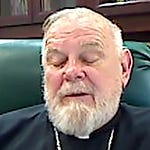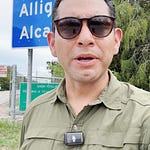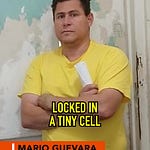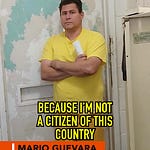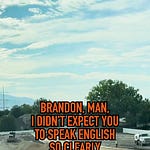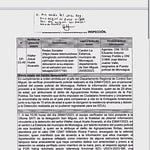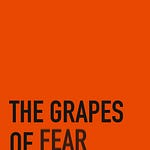In Delano, California, the civil rights battle isn’t fought in the streets — it’s on the football field. Meet the high school athletes who spend their mornings in the grape fields, their evenings under the lights, and their lives caught between conservative values and the immigrant realities that shape their future.
By Nick Valencia | August 4, 2025
DELANO, CALIFORNIA — In the middle of California’s Central Valley, the new front line for civil rights isn’t a courthouse or a protest march. It’s a football field.
On a late‑summer afternoon in July, the Robert F. Kennedy High School Thunderbirds gather under the searing sun for varsity football practice. Just hours earlier, some of these teenagers were bent over grapevines, enduring triple‑digit heat. 17‑year‑old Luis Diaz is one of them.
His day starts at 5 a.m. with a mug of scalding coffee. By 6 a.m., he’s in the vineyard, working alongside undocumented laborers, cutting and hauling grapes until mid‑afternoon. He takes an hour to shower, and grab a bite, then it’s back outside for football practice — which only occasionally dips below triple‑digit temperatures.
For Luis, this is what’s normal, but he knows normal is different outside of Delano.
“Kids my age are on vacation, having fun,” he says. “I’m out here working the fields to support my family.”
In Delano, hard work isn’t celebrated — it’s assumed. But it exists inside a bubble: conservative values, deep Catholic faith, and a belief in pulling yourself up by your bootstraps. Many of these teenagers have undocumented parents. They support immigrants — yet some also admire a president who has threatened to strip rights from families that look like theirs. They laugh at his jokes and call him “funny,” while admitting “sometimes he takes it too far.”
Coach Jay Fragoso, the Thunderbirds’ offensive coordinator, understands the paradox.
“Part of living in this bubble is what’s holding them back,” he says. His wife, Natalie — granddaughter of civil rights icon César Chávez — agrees. For them, the real front line isn’t the field; it’s the classroom. They urge their players to see the world beyond Delano, to get college degrees and jobs outside the Valley.
It’s not lost on anyone here that the Central Valley has largely been spared from immigration raids, while farms in more Democratic leaning counties in Southern California are being raided. Most don’t believe it’s out of compassion. They point to the political power of conservative growers and agricultural corporations.
“The people who run things around here have a lot to lose,” says local resident Alex Madera, a recent law school graduate who once lived the same life as Luis—grape fields in the early morning, varsity football in the early evening. Madera sees the president’s hands‑off approach as temporary.
“I’m not sure it’s out of the goodness of his heart. A lot of the people that run stuff around here — whether it’s farmers or these big corporations — are conservative‑minded. They’re just like Trump.”
For kids like Samuel Ortega — Luis’s best friend — the idea that birthright citizenship could vanish isn’t some abstract legal debate. It’s a quiet fear that shadows every day in the fields, every whistle blown at practice.
“My dad was an illegal immigrant,” Samuel says. “He came here to give me this life I have, and I’m so grateful for it. But hearing that I could lose my birthright citizenship… it’s a little scary.”
Today, the bubble holds — for now.
“In Delano, we support immigrants because we realize it’s not an easy job,” Luis tells me. He pauses, looking toward the horizon as if weighing the future against the heat of the present. “We work hard. We always have.”
And so life in Delano goes on. The heat bears down. The grapes ripen. The football team runs drills until the sun sinks. Out here, that hard work has always been a shield — proof of worth, a defense against indifference.




